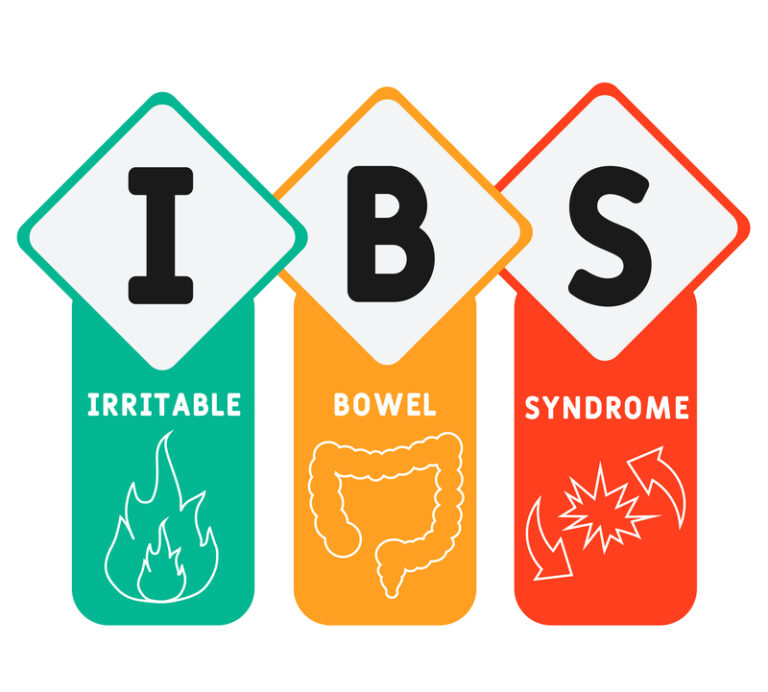Irritable Bowel Syndrome (IBS) affects between 12-15% of the world’s population. If affects mostly women, and mostly younger than age 50. It is characterized by stomach pain and cramping, gas/bloating, diarrhea or loose stools and/or constipation. Some people alternate between diarrhea and constipation. Other symptoms that are common with the primary symptoms listed above may include nausea, heartburn, reflux or indigestion. However your symptoms exhibit, it can be really uncomfortable and if bad enough, life-changing. I have helped patients that were so bad that they knew where every restroom was in every store and every restaurant they went to. They tried not to go anywhere new, but if they did, the first order of business was to find a restroom. Not a happy way to live!
Whenever I look for causative factors, I tend to look upstream. If a dam breaks and it is barreling down the river, overflowing the banks, we could do everything possible to shore up the sides, but until you manage upstream – the dam – all your efforts are for naught. It is very true when it comes to IBS. So I ask, how is the stomach health? For most people, there lies the key to resolving the issue. I look at the function of the stomach: Do they have heartburn or reflux, are they producing enough enzymes, are they bloated and gassy? Then I start asking “why?” Until I fix the upper gut, I am unlikely to fix the lower gut. Yes, I may be able to manage the symptoms, but it won’t be lasting until I address the upstream problem.
I also have to fix the diet. Many dietary factors trigger IBS. Caffeine, alcohol, pasteurized dairy products, too many raw foods and gluten are the biggest triggers. Sometimes just the elimination of one of them could have a substantial effect on minimizing triggers. That is well and good, however, we still have to fix why those foods are bothering them!
The lower gut also needs to be managed. Is there damage to the gut lining allowing foods normally excreted to be absorbed, causing irritation? Are they consuming irritating foods or drinks? Is their healthy gut flora out of balance, or even practically non-existent because of frequent antibiotic use or other factors? This is another area to be addressed.
Using acupuncture to restore gut function and eliminate the symptoms as a result of the malfunction, along with herbs and dietary tweaks goes a long way in restoring gut health. I was once told that you will never get anyone better if you don’t handle the gut first. Our digestive system is vital to our overall health. IBS isn’t just an annoyance; it could be affecting many other areas of your health.
©2022 Holly A. Carling, O.M.D., L.Ac., Ph.D.







